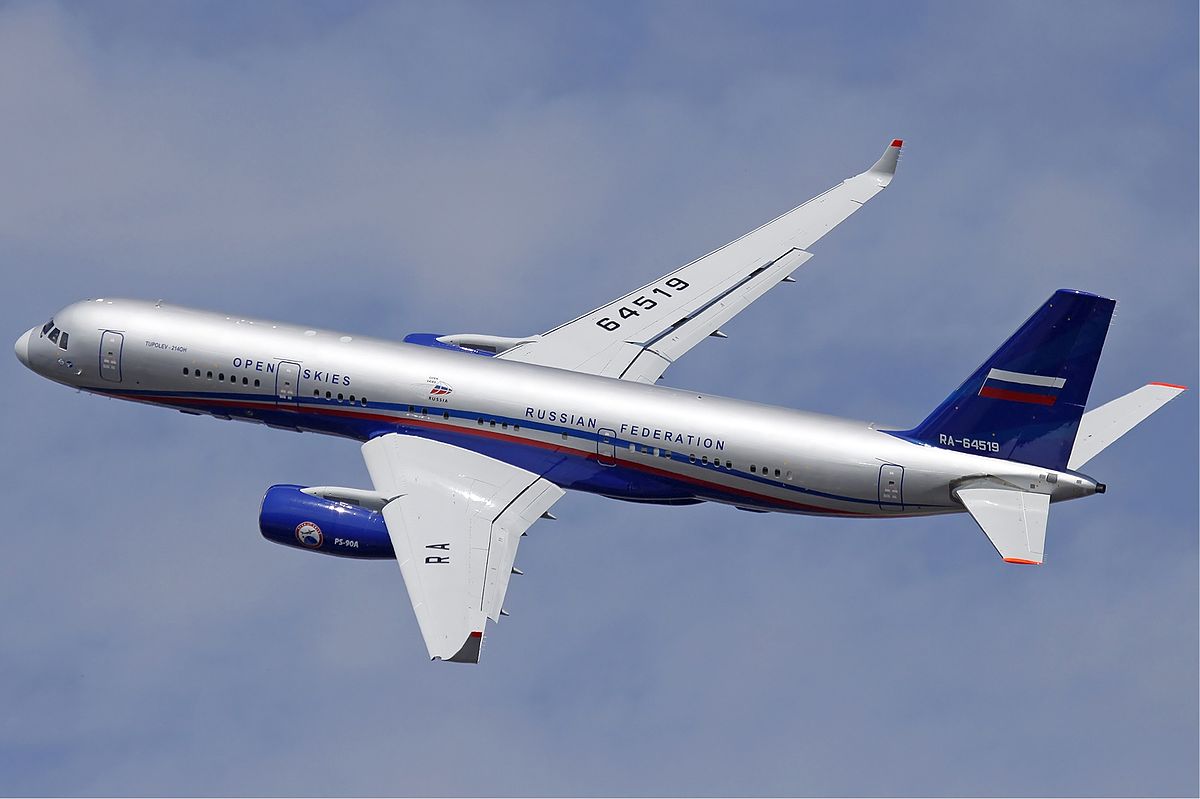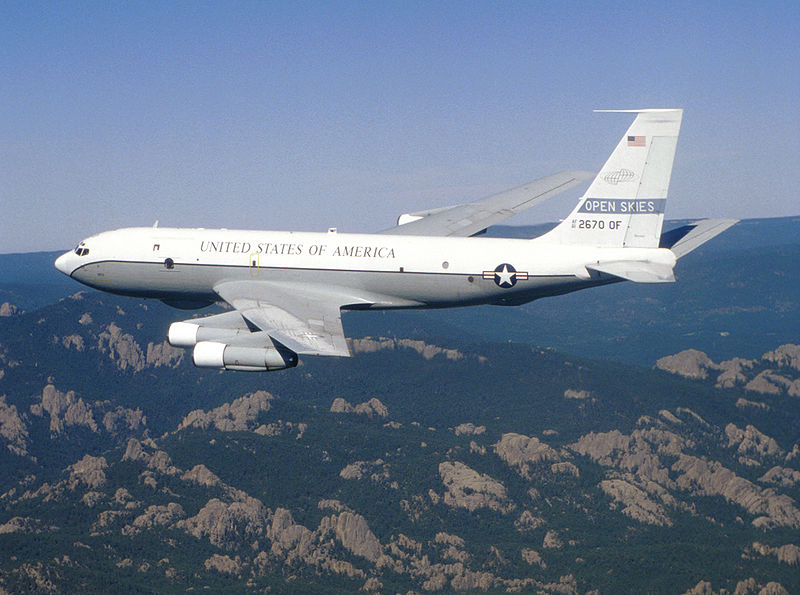
#Russian Foreign Ministry has published its proposals on security guarantees as submitted to the US and #NATO: "Agreement on measures to ensure the security of the Russian Federation and members of the North Atlantic Treaty Organization", 9 articles mid.ru/ru/foreign_pol… 1/x
2/ "Treaty between the United States of America and the Russian Federation on Security Guarantees", 8 articles, mid.ru/ru/foreign_pol…
3/ Excellent thread by @walberque below although I disagree with the overall conclusion: The NATO-Russia agreement proposal goes way beyond the 2009 European Security Treaty in at least three main respects:
4/ (a) no futher NATO enlargement, (b) no NATO military activity (any!) in Eastern Europe, Central Asia/South Caucasus, (c) no land-based intermediate- and short-range missiles in areas allowing them to reach the territory of the other Parties.
5/ Point (c) is very interesting indeed: This would essentially also mean - no Iskander in Kaliningrad, the Western and Southern Military districts! No 9M729 in the European part of Russia. Unbelievable.
6/ As a stand alone measure, this is easily the most comprehensive proposal on disarmament and military restraint since the CFE treaty. But since there is no talk about verification or even a sequence but simply a declaration, this proposal is hardly serious. A smokescreen.
• • •
Missing some Tweet in this thread? You can try to
force a refresh





